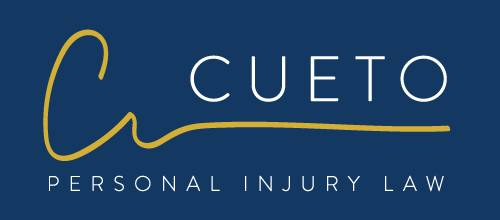You might not realize it, but IEPs (Individualized Educational Plans) are legally binding documents. Every parent needs to know that before attending their child’s IEP meeting. These aren’t just any meetings with your child’s teacher.
If your child had recently been diagnosed with a disability your school has probably contacted you about having something called an IEP meeting.
At this meeting teachers, administrators, district representatives, and possibly other interventionists, will talk about what services your child needs. After the meeting, your child’s school will produce an IEP which they will need your consent to implement.
Remember, before agreeing, that IEPs are legally binding documents, so think carefully about what’s in the best interest of your child.
What exactly is an IEP?
IEP stands for Individualized Education Plan. It lays out a student’s current level of functioning in multiple areas of development. These areas include cognitive, physical, social, emotional, and more.
The IEP will lay out what kind of classroom your child should be in, as well as if they need any related services. This can include Speech Pathology, Occupational Therapy, Physical Therapy, and more.
In addition to present level of functioning, it will also list goals the school or district wants to work with your child towards achieving in the next year.
Goals need to define what meeting the goal will look like.
Typically a child has met a goal after displaying the skills 80% of the time over a series of days.
Additionally, all goals need short-term benchmarks. Staff should explain each goal to your thoroughly and answer all questions.
IEPs are legally binding and about your child. Make sure you thoroughly understand them.
Why Does My Child Need an IEP?
If the school is recommending your child have an IEP, then that means your child qualifies for special education services.
IEPs are part of a school’s legally mandated responsibility to include all students and not discriminate.
Schools will create an IEP for your child if they have been diagnosed with any of the following classifying conditions.
- Autism Spectrum Disorder
- Deafness
- Physical Disability
- Intellectual Disability
- Specific Learning Disability
- Speech and Language Impairment
- Hearing Impairment
- Visual Impairment
- Emotional Disturbance
- Orthopedic Impairment
- Traumatic Brain Injury
- Multiple Disabilities
- Other Health Impairment
For more information on what to expect at the meeting click here!
What to Know Before Signing
Before you sign your child’s IEP you need to be aware that as your child’s parent, you have certain rights.
An IEP is a legally binding document that details how the school staff intends to educate your child, given their special circumstances. If there are parts of it you don’t like, goals you want added or taken away, or services you want your child to receive, you have a right to request them.
The school must allow you to bring lawyers or other advocates to the IEP meeting if you wish. Additionally, you are in charge.
Parents might feel intimidated when surrounded by professionals and experts, but do not let them intimidate you into signing something you don’t agree with.
Educators and service providers cannot implement an IEP without your consent. If you disagree with recommendations from the staff you have a right to get a second opinion or contest the document in court.
What if they aren’t following the IEP?
If you had no problems with IEP and signed it, that’s great. However, sometimes sadly, school staff and administration do not always follow the guidelines laid out in the document.
If that occurs it is considered a violation of an IEP, which again is a legally binding document.
Contact the school administration about your concerns and keep a record of all your communications regarding the matter.
Additionally, be aware that violating an IEP is a sign of discrimination.
Download our free checklist to be on the lookout for other signs of discrimination.
Federal Law requires that schools comply with all Civil Rights Laws. These laws protect students with disabilities.
When to Contact a Lawyer
We at Cueto Law help families who feel their child is being discriminated against based on their disability, gender identity, sexual orientation, and more.
Make sure to download our free discrimination checklist to make sure you know what to look for.
If you are worried your child is being discriminated against because of their disability, contact one of our lawyers for a free consultation to discuss the specifics of your case. Call us at 618-277-1554.







